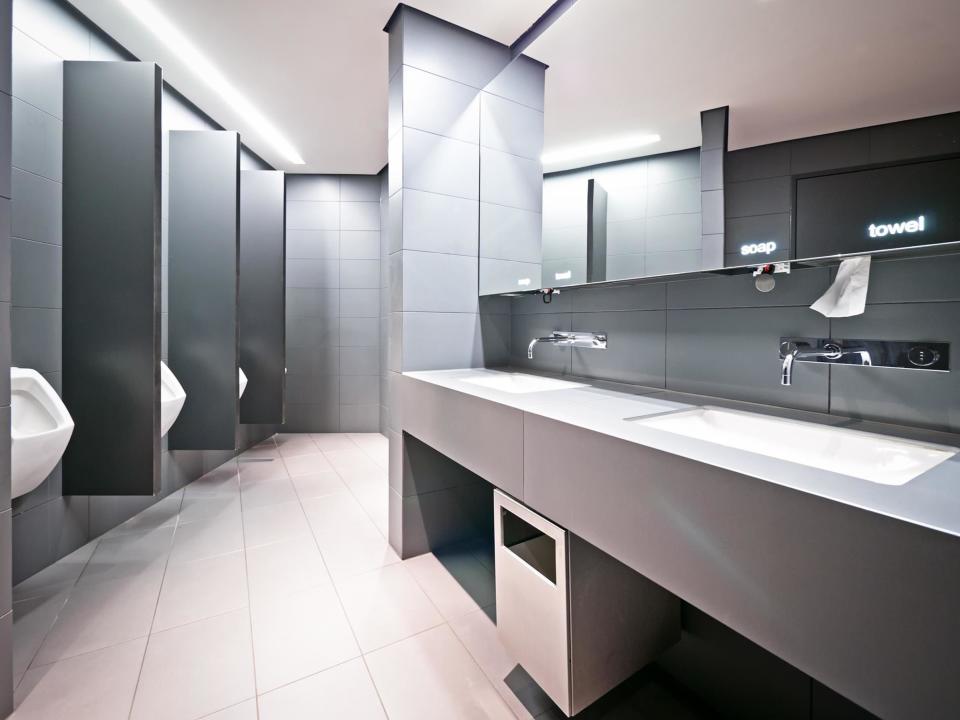When will public toilets reopen and are they safe?

On Saturday 4th July, lockdown restrictions in England are easing to allow people to socialise at pubs and restaurants for the first time in nearly four months.
In a speech delivered in the House of Commons on Tuesday 23 June, the prime minister also confirmed that a review of social distancing has concluded that the two-metre rule in place since March can be reduced to “one metre plus” and that households could finally mix indoors so long as they abide by certain guidelines.
But what does this mean with regards to using public toilets? And how safe is it to do so?
What do the government rules say?
Public toilets have been closed for months now – despite many parks and open spaces being open to the public. The government has been particularly wary about the risk posed but is now encouraging councils to reopen them.
In a letter from Simon Clarke MP, minister for regional growth and local government, on 28 June, he wrote to council leaders: “If you have toilets that are still shut, then we strongly urge you to refer to advice on measures that can be taken to open toilets in a safe way...the combination of the hotter weather and the government’s push to support outdoor hospitality has reinforced the need for public access to toilets.”
The guidance includes using signs to build awareness of good hand washing, the need to increase hand washing frequency and to avoid touching your face, to consider the use of social distancing markers where queues normally form, encouraging a one-in-one-out system, making hand sanitiser available on entry to all toilets, increase cleaning rotas, keeping spaces well ventilated by leaving doors and windows open, and providing more frequent rubbish collection.
How safe are public toilets?
Dr Simon Clarke, a professor in microbiology at the Univerisity of Reading, says he understands why the government has been slow to open toilets as there is a much higher risk associated with them than many other public spaces. “They are indoors, they are dark [not exposed to UV benefits], have a lot of touch points, and very high footfall. And there is the potential risk of Covid-19 being spread by faecal matter.”
And even if cleaning rotas are made more frequent – they are unlikely to be cleaned after every toilet user (unlike comparable situations with pub tables or chairs in hairdressers). “When you think about, for example, a toilet in a department store, you have many people passing through that one after the other. These are high streams of people. The opportunity for spread is high.”
When asked if Covid-19 can spread via urine or faeces, Professor John Edmunds, professor in the centre for mathematical modelling of infectious diseases, London School of Hygiene & Tropical Medicine, said: “With modern, very highly sensitive detection mechanisms we can detect these viruses in faeces.” He explained that “usually” viruses detected in this way are not infectious to others, as they have been destroyed by the gut, but this is not yet confirmed for Covid-19.
What can you do to keep yourself safe?
Try to avoid them where you can. If you don’t need to use it, then it would be better to wait till you are at home.
If you do go, avoid touching anything. There are lots of touchpoints in the toilet cubicle – the door, the seat, the tissue, the flush – try to minimise the amount of places you are touching while you are using the toilet.
Wash your hands thoroughly. It goes without saying that you should wash your hands after using the toilet but if you are using a public toilet ensure you wash your hands for 20 seconds or more using warm water and soap. Dry them properly too.
Keep the toilet lid closed when flushing. If there is a possibility of “faecal spread” of coronavirus – this is still unconfirmed - then keeping the lid closed when flushing is a way of reducing the spray around the cubicle.
Read more about what the easing of lockdown restrictions means here.

